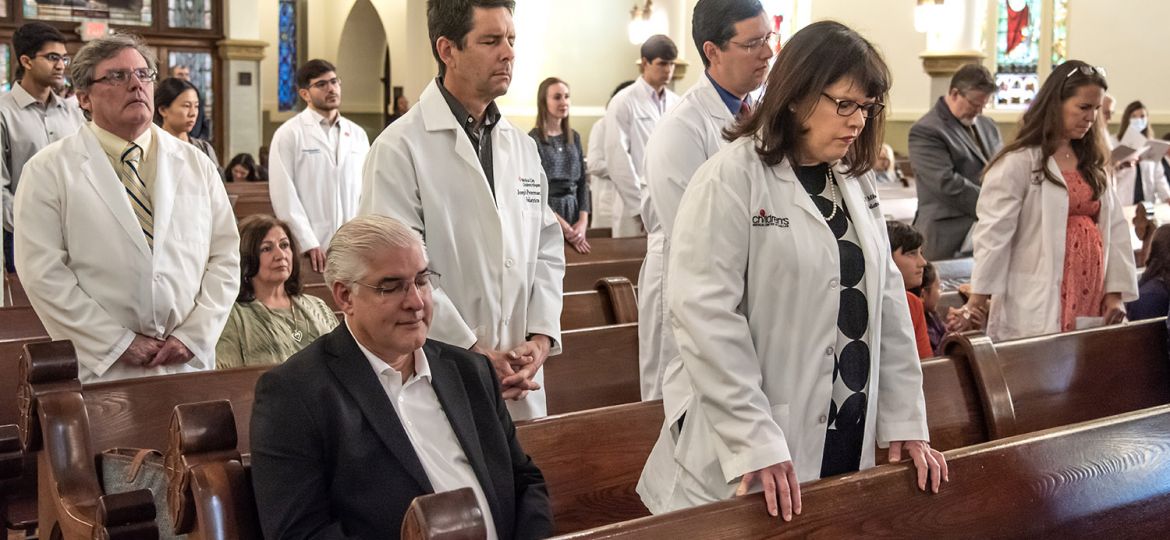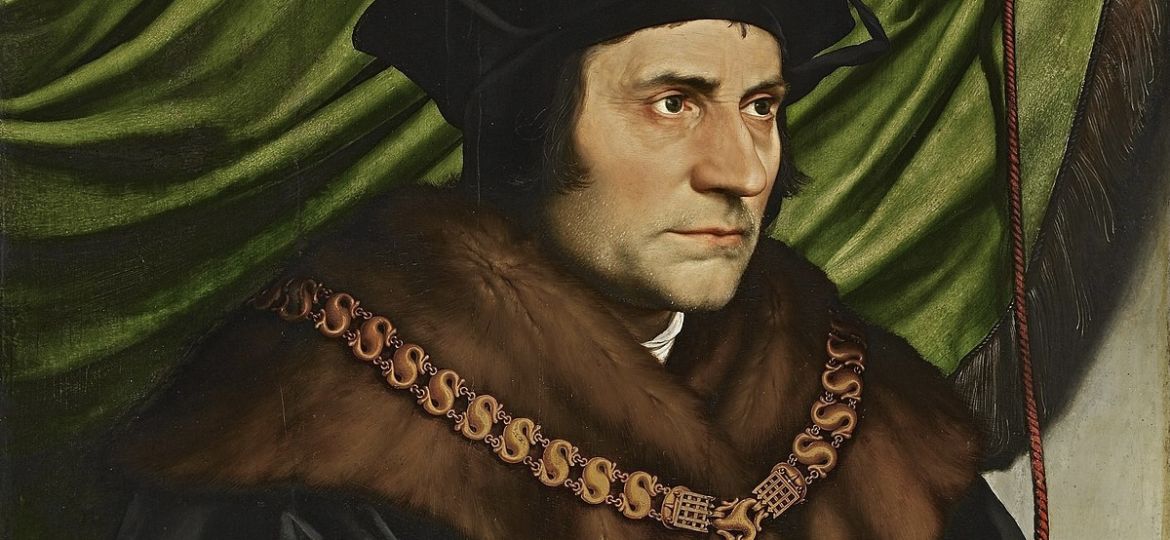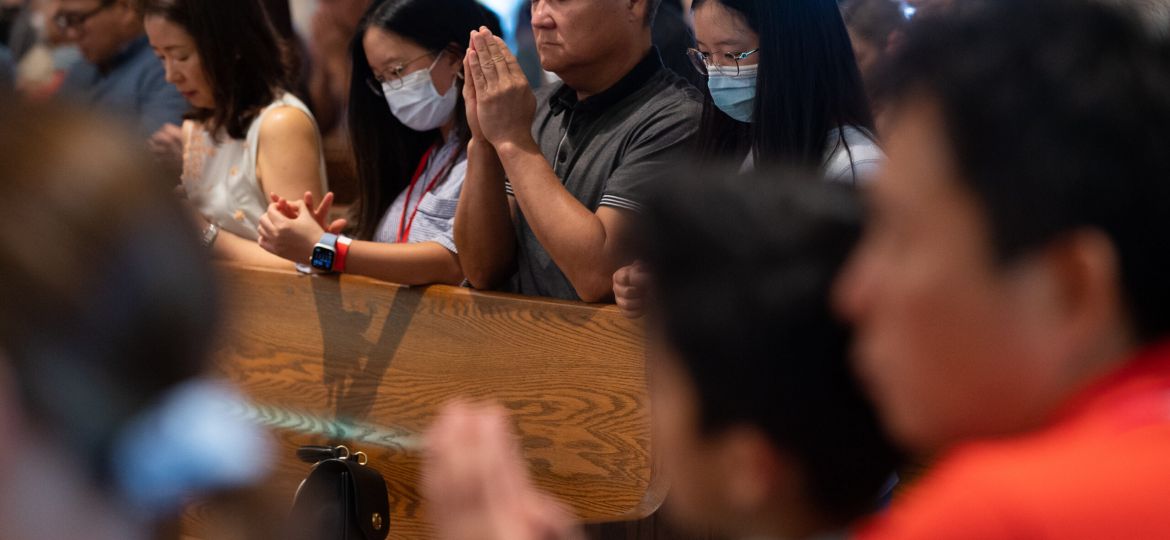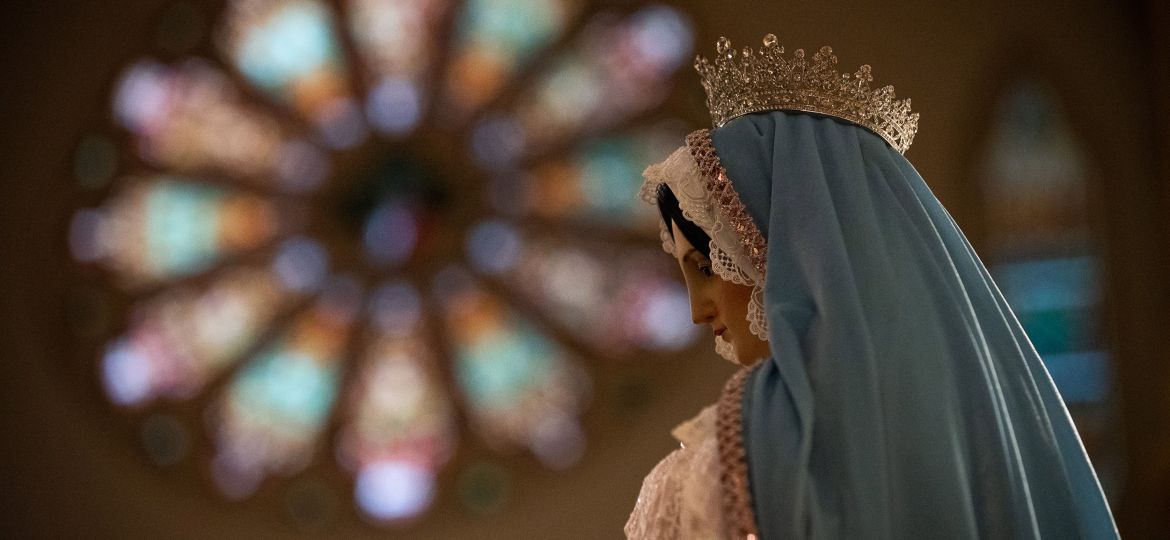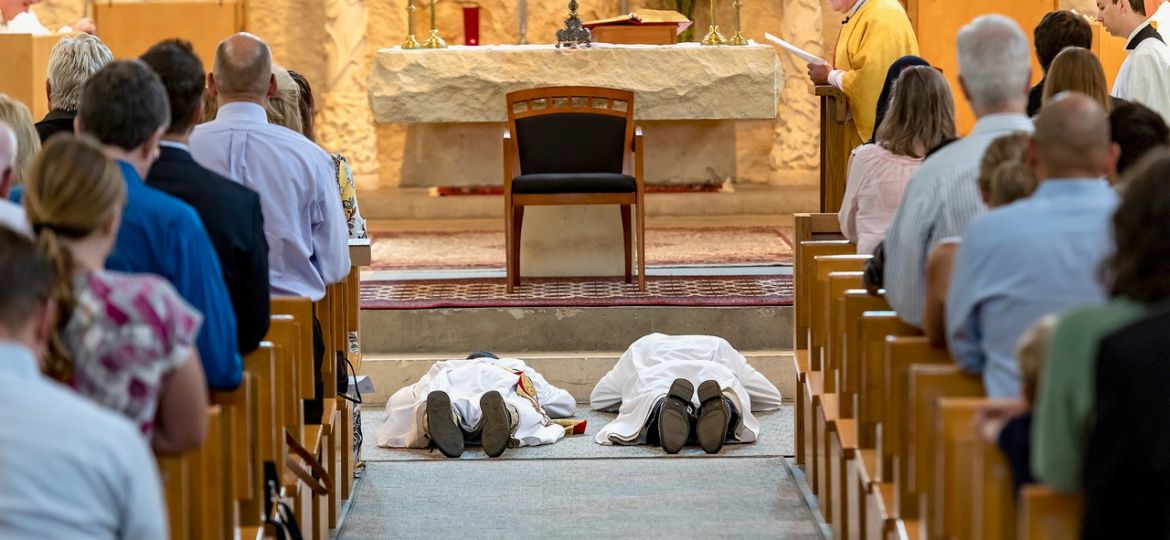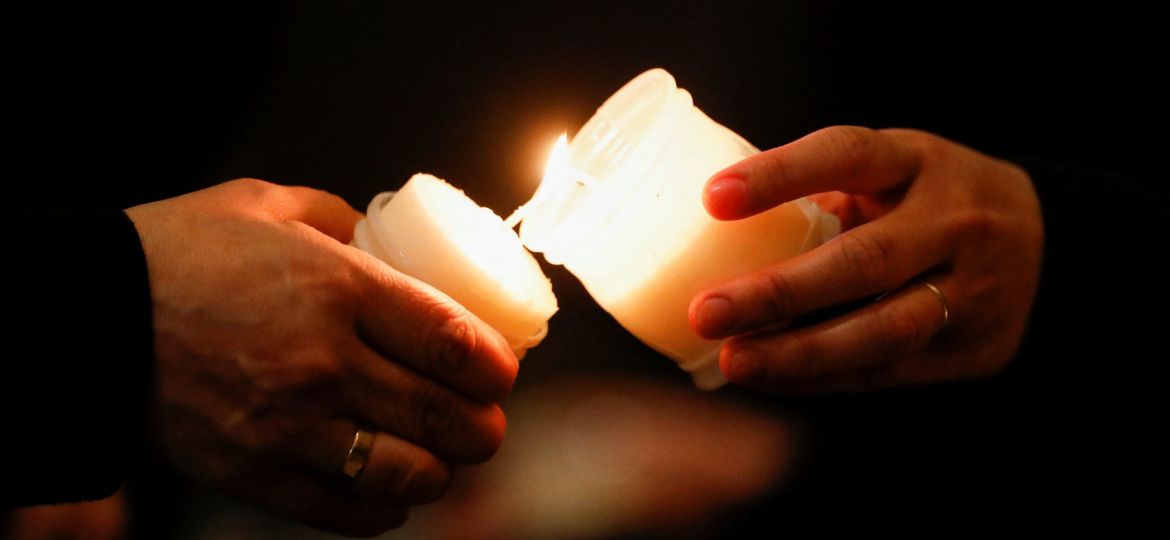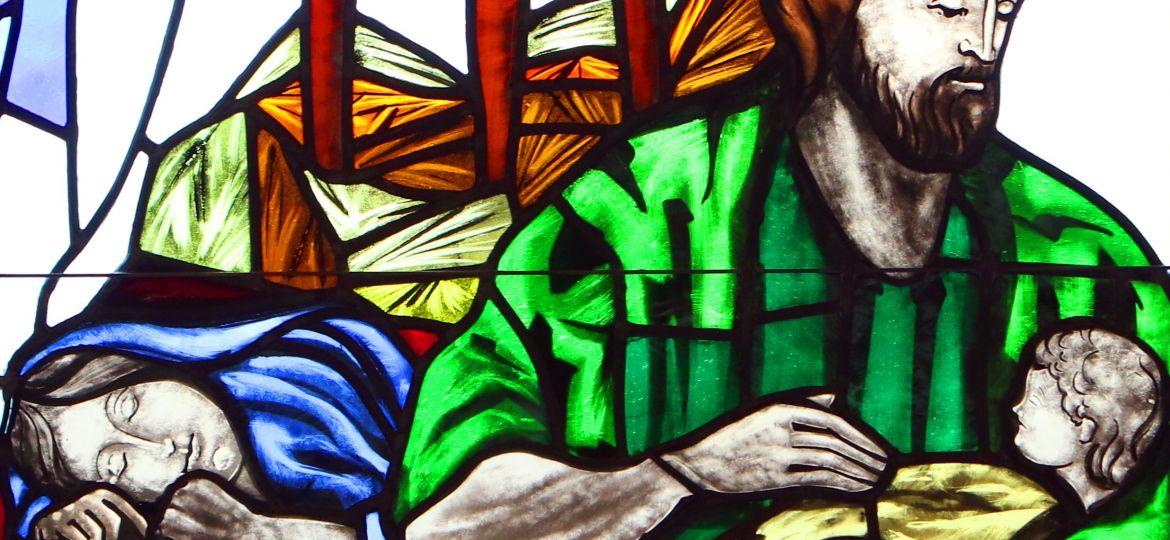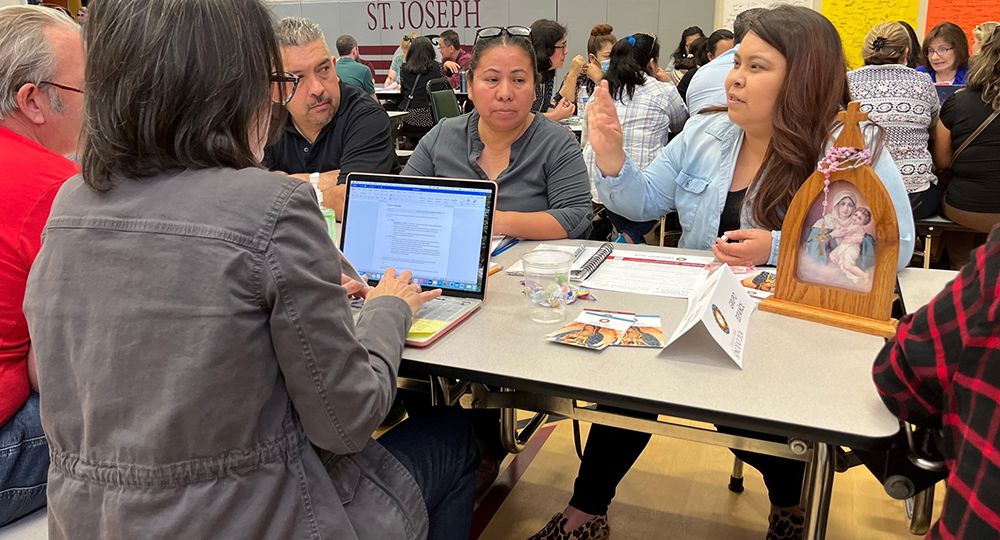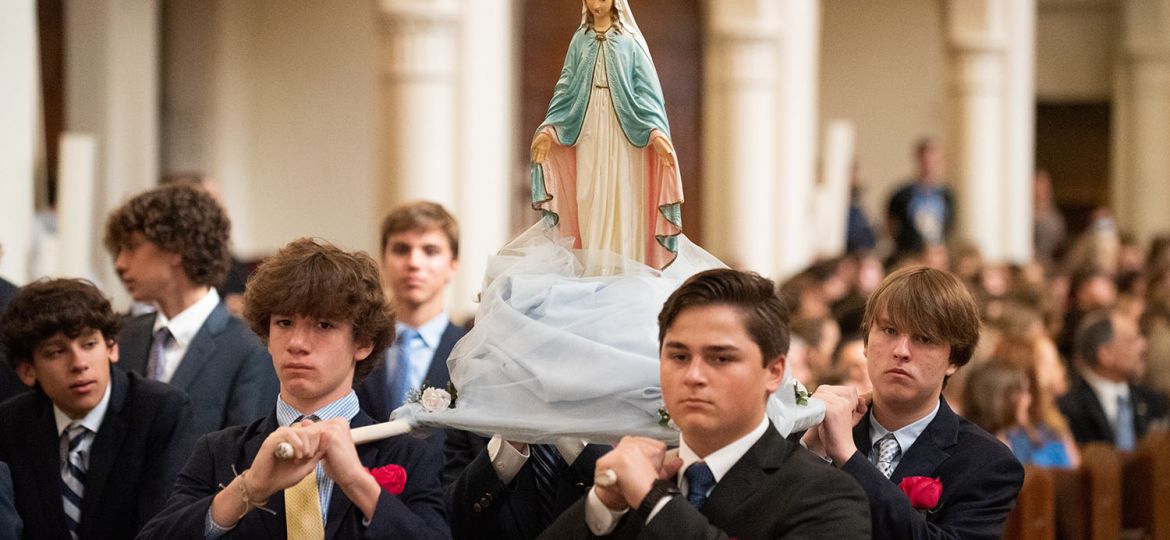I’m blessed to know medical doctors, professors and students who want to integrate Catholic faith into medicine. Such a desire makes sense, given how Catholicism assisted in many ways at the birth of modern medicine.
While awaiting a sham trial and certain execution for high treason, Thomas More prayed and wrote. Henry VIII had declared himself head of the Church of England, and the Catholic More, who had served the king loyally as chancellor, refused to break his spiritual allegiance to the pope. He was utterly alone at this hour of his life; his beloved wife and children implored him to overcome his scruple of conscience and sign the Oath of Supremacy. More clearly regarded his own suffering as an imitation of his Lord; his most beautiful prison writing is “The Sadness of Christ,” a meditation on the garden agony of Jesus, the innocent suffering servant.
One of the most laudable questions I receive is about how to discern God’s will. A decision is easy to make when the choice is between something right and something wrong. But a decision can be difficult when the choice is between two goods and I have to discover the specific will God has for me. I recently read a great book on this topic, and I want to share its theses. The book is “Discerning the Will of God: An Ignatian Guide to Christian Decision Making” by Father Timothy Gallagher.
I reached a new low recently when I felt an overwhelming and irresistible itch to catch up on emails mere minutes after my first check of the day, which happened mere minutes after I finished celebrating Mass. I had long lamented the sight of my students reaching addictively for their phones as soon as class ended, but the realization that the contagion had spread to me was a sad revelation.
Every moment becomes a kind of sacrament, so to speak, since the treasures of grace lie concealed beneath what is very plain and visible.
The future is not simply an adventure; it’s the adventure, according to the Latin roots ad, “to, toward” and ventura, “what will come.” While many students eagerly anticipate the start of a new school year and engaged couples impatiently count down the days to their wedding, dread of the approaching unknowns is familiar to virtually everyone. Regardless of one’s age, fear of the future is a dominant emotion that inhibits our joyful living of the blessed adventure that God wishes every life to be.
For a while, I have been studying the topic of race in American and Catholic history. It is a difficult topic for obvious reasons, but it is also a rewarding one. In fact, I have been greatly edified learning about figures like Venerable Augustus Tolton, St. Katharine Drexel, Servant of God Thea Bowman and others. If you’re looking for a way into such stories, check out “Black Catholics on the Road to Sainthood.”
Being a father requires a man to acknowledge his mortality. From a purely biological perspective, the sexual drive is a program for reproduction that presumes the death of the one generating new life. Leon Kass, a brilliant physician and philosopher, asserts this truth in a stark manner: “Sexual desire, in human beings as in animals, points to an end that is partly hidden from, and ultimately at odds with, the self-serving individual: sexuality as such means perishability and serves replacement. The salmon swimming upstream to spawn and die tell the universal story: sex is bound up with death, to which it holds a partial answer in procreation. This truth the salmon and the other animals practice blindly; only the human being can understand what it means.”
Plans are well underway for the 2024 Synod — that big meeting to advise the bishop about the spiritual, material and administrative situation of the Dallas Diocese. Essential to its success are the “listening sessions” now taking place: two years of honest and charitable dialogue for the good of the Church and her mission in the world.
Mary is never named in the Gospel of John. In the only scenes featuring her, the beloved disciple refers to her simply as “the mother of Jesus.” Those two episodes act as bookends to John’s presentation of Jesus’ ministry, and highlight the role of Mary as mother both of the Church and of every individual Christian.

